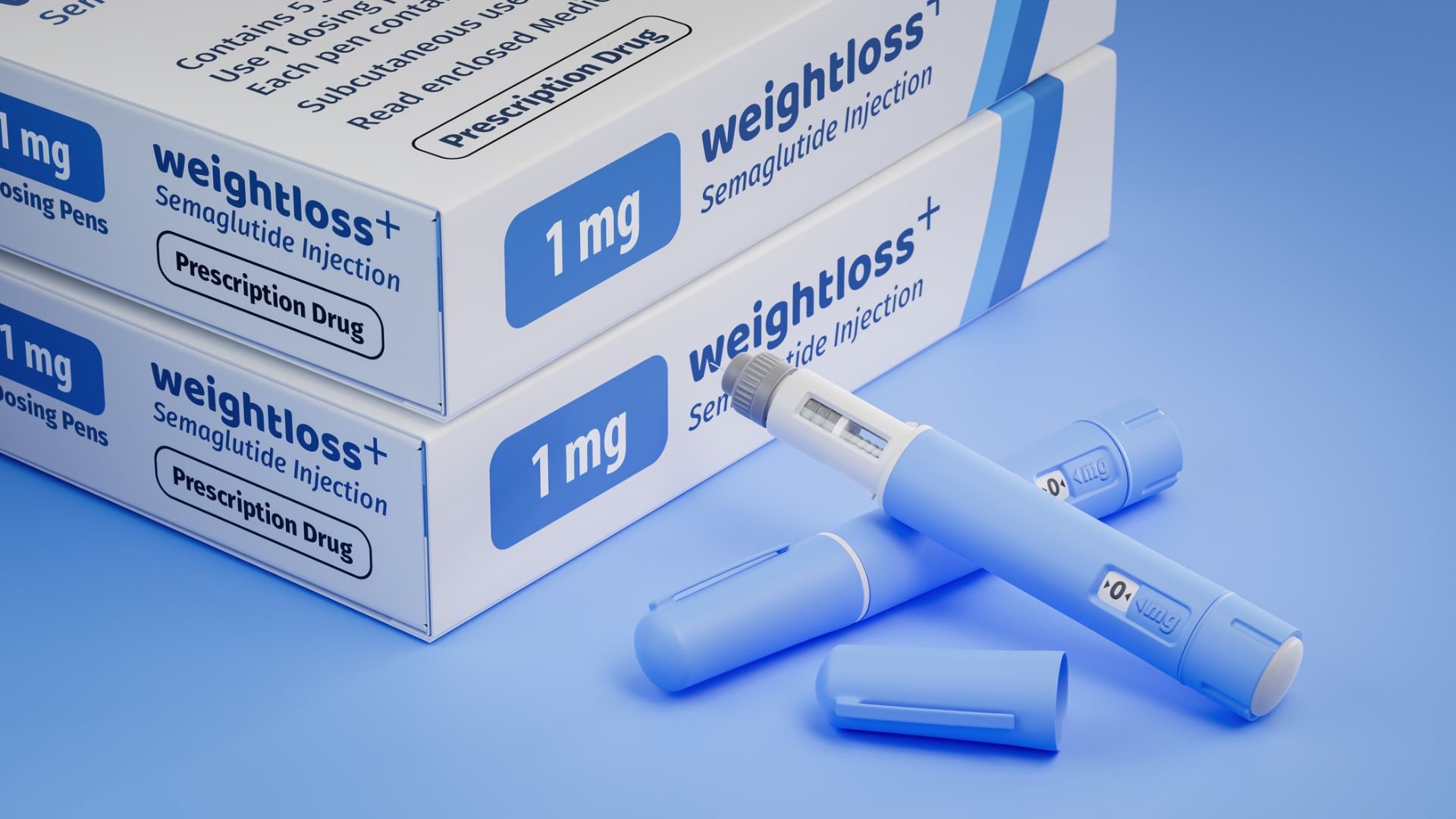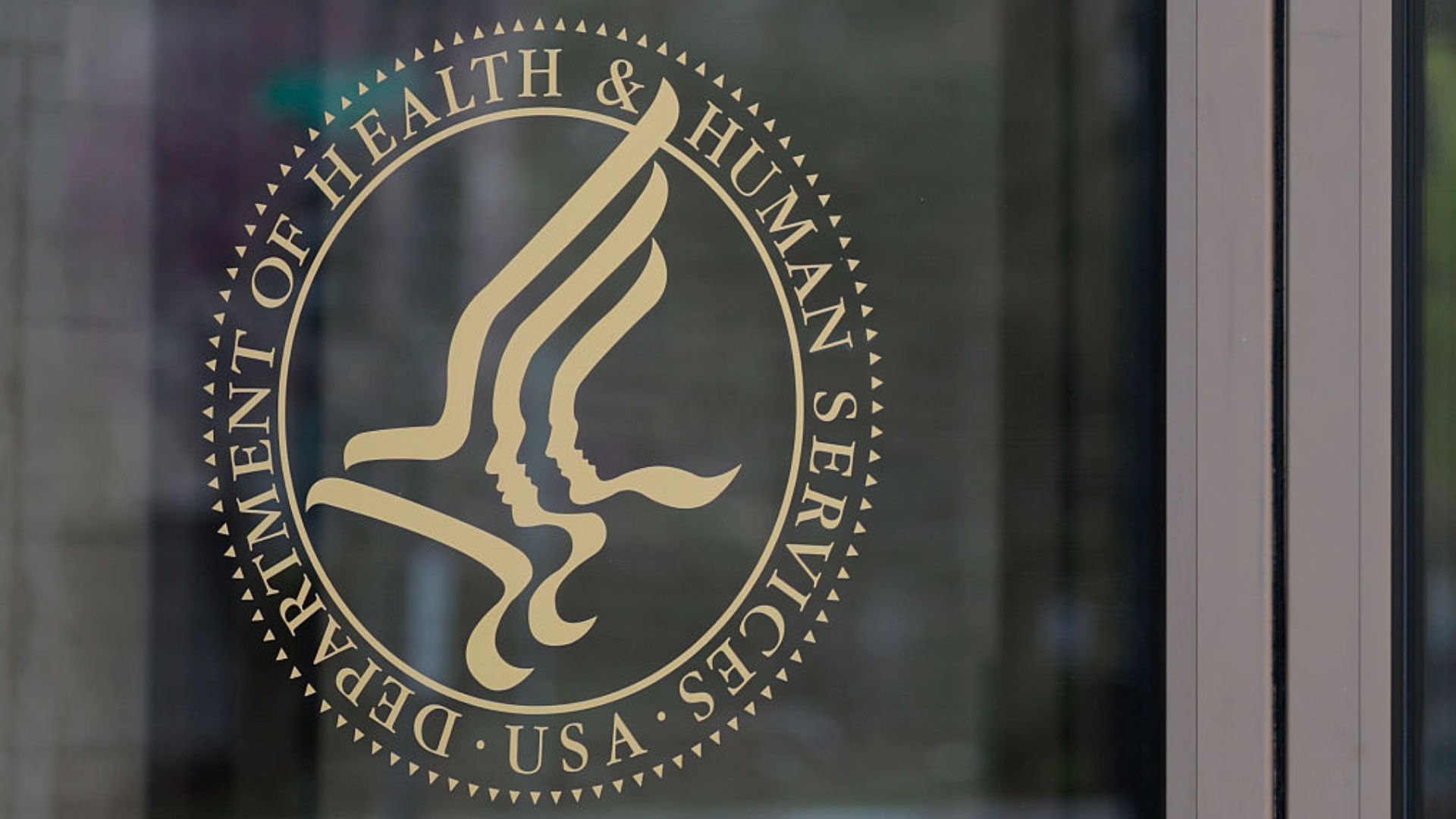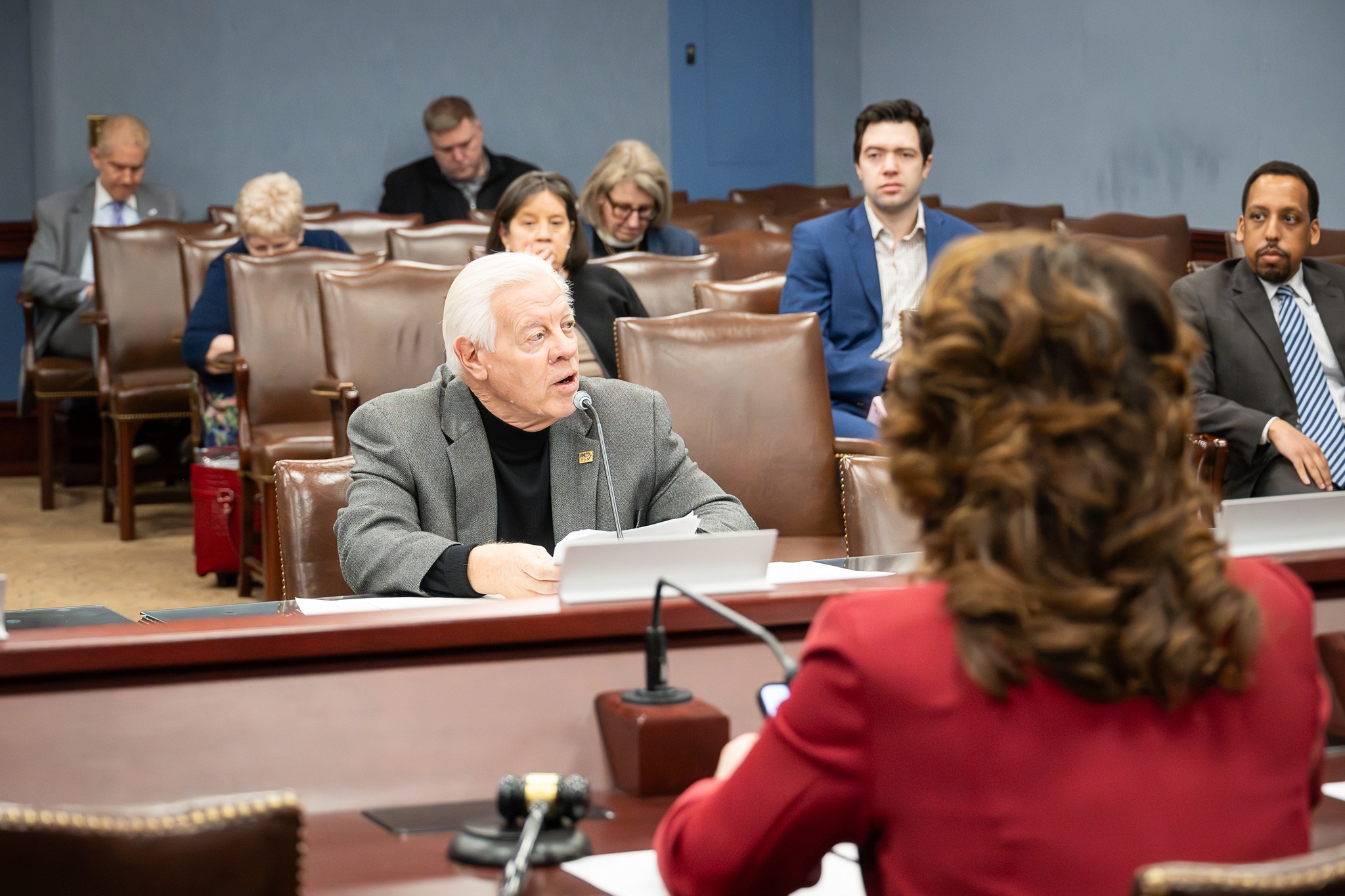The Food and Drug Administration on Friday announced that semaglutide, the active ingredient in weight loss drugs Ozempic and Wegovy, is no longer in short supply.
The FDA’s move is bad news for manufacturers of compounded semaglutide and the telehealth companies that have built up a market selling cheaper alternatives to branded weight loss drugs.
The U.S. allows compounding pharmacies to manufacture close approximations of branded drugs when the reference drug is in shortage.
On Friday, the FDA reclassified the semaglutide shortage—which had covered multiple doses of Wegovy for obesity and Ozempic for type 2 diabetes—as “resolved” on its online drug shortage database. That means compounding of semaglutide—where pharmacies create custom versions of the medication—will eventually no longer be permitted under current regulations.
The FDA said it will give compounding pharmacies until April or May to stop compounding, distributing or dispensing semaglutide injection products “to avoid unnecessary disruption to patient treatment.”
All semaglutide doses are now being “continuously shipped” to wholesalers and “meeting or exceeding expected U.S. demand,” Novo Nordisk said Friday, as Fierce Pharma reported.
Shares of Hims & Hers, an online health and wellness company that sells compounded GLP-1 medications, plummeted 25% on Friday.
Hims & Hers CEO Andrew Dudum said in statement posted on X that the company will continue to offer access to personalized treatments “as allowed by law to meet patient needs.”
“We’re also closely monitoring potential future shortages, as Novo Nordisk stated two weeks ago that it would continue to have ‘capacity limitations’ and ‘expected continued periodic supply constraints and related drug shortage notifications,'” Dudum said.
A number of digital health companies, including Ro, Noom, 23andMe and WeightWatchers, also offer access to compounded GLP-1 medications.
The supply update “starts the clock on having unfettered market access to the patented drug” for companies like Hims & Hers and the broader compounding GLP-1 space, analysts at Leerink Partners wrote in a note to clients Friday morning.
“HIMS has been positioning itself to continue to sell compounded semaglutide using personalized doses after the shortage officially ended. It is now critical to understand HIMS’ legal pathway to selling personalized doses since it has to be the primary mechanism to sell semaglutide going forward,” the Leerink Partners analysts wrote.
There’s the potential for a reset in Hims & Hers stock after it had been clearly driven up by excitement over the broader weight loss opportunity, the analysts noted.
The company will likely provide an update on the future of its GLP-1 business during its earnings call Monday.
Compounded semaglutide injections have the same active ingredient as the buzzy branded weight loss drugs but are not required to go through the Food and Drug Administration’s rigorous approval process. However, they are still subject to state board of pharmacy oversight and must comply with USP compounding standards and Sections 503A and 503B of the Federal Food, Drug, and Cosmetic Act, according to the Alliance for Pharmacy Compounding.
Implications for providers and patients
The demand for weight loss drugs is not slowing down, and many organizations voiced concerns that there will likely be semaglutide shortages in the future that will impact patients’ access to branded medications.
The American Society of Health-System Pharmacists’ shortage list continues to show both semaglutide and tirzepatide injection in shortage.
The Outsourcing Facilities Association submitted a comment to the FDA estimating that compounding pharmacies filled roughly 80 million prescriptions for semaglutide in the last 12 months, The Washington Post reported.
In a statement, the Alliance for Pharmacy Compounding questioned whether the FDA’s resolution of the shortage had taken into account demand for the compounded drug and “the number of patients who’ll need to be transitioned from a compounded version to a FDA-approved version.”
“That’s likely hundreds of thousands of patients,” the organization said.
Medical providers at virtual care companies that provide weight loss medications, both branded medications and compounded versions, say patients still face challenges accessing the branded drugs.
“You’ve got essentially millions of patients that are on these medications. We’re still seeing evidence of a shortage and evidence of supply issues. You’re going to have all those patients that are basically adding to a marketplace if their access point is removed in compounded medications, which could potentially impact the availability of the branded medications,” Taylor Kantor, M.D., co-founder and chief medical officer of telehealth company Ivim Health, said in an interview.
Ivim Health offers an obesity care program and its medical providers can prescribe both branded drugs including Zepbound and Mounjaro along with compounded semaglutide medications. The company has 100 providers on staff and most are obesity medicine certified, Kantor said.
Even if the supply constraints are resolved, that doesn’t impact the affordability issues with branded weight loss drugs, he added. A month’s supply of Wegovy and Ozempic typically costs north of $1,000 while subscriptions for compounded GLP-1 medications cost under $200 a month.
The steep price for Ozempic and Wegovy could drive some patients to buy counterfeit products online, Kantor said.
“With the socioeconomic constraints, the cost variables that are at play, we have huge concerns that a large percentage of our patient base that is reliant on compounded formularies that you can get for $100 to $200 a month and now they are faced with having to pay $1,000, we’re concerned about where those patients are going to go,” he said.
“While Big Pharma is also trying to blur the lines between unsafe and unregulated products, those are very different from compounded products. Compounded products are regulated at the state level. They have to abide by FDA regulations, and they have to require a valid medical prescription from a medical doctor. Those are safety checks put in place” Kantor said.
Sesame also offers a weight loss program that provides both branded weight loss and diabetes drugs and compounded semaglutide injections.. The company is a virtual marketplace that connect patients to in-person and virtual care using a direct-pay model.
Sesame currently has thousands of consumers currently enrolled in its weight loss programs, with about half of consumers taking a branded medication and half prescribed a compounded version, according to the company.
Sesame founder and president Michael Botta, M.D., said the FDA declaration won’t have an impact on Sesame’s business. “We don’t make money on marking up the cost of medications in any circumstance. We are agnostic when it comes to what a clinician prescribes and what script a patient fills. I just hope that the shortage is really over and that is the reality for patients,” he said.
He added, “For folks whose business model is just asynchronous medicine, heading into a chatbot and then mailing you a compounded semaglutide and not having a real discussion with a physician with the ability to make the right choice for you, then this is probably a slap in the face. But, thinking about what we do, I feel good about navigating patients towards the best available treatment for them.”
Botta also is concerned about patients’ access to “life-changing” weight loss medications if supply issues aren’t resolved.
“By their nature, compounded drugs are supposed to be temporary to fill a gap in the market. I have a concern around this shortage being only temporarily resolved, and there being sort of a yo-yo effect of the shortage coming and going over the next year. I think that’s likely, if anything, because what we’ve seen is the demand for GLP-1s is only increasing, and branded oral formulations of these medications are still more than a year away,” he noted.
Compounding pharmacists had long known that the shortage had a shelf-life, according to the compounding trade group, which claimed that they’ve been “prepping patients for months to expect that eventuality. “
The group did applaud the FDA for providing an off-ramp to help avoid an interruption of therapy for patients, the trade group said.
Many executives also believe that the FDA’s announcement is not the end of the story and expect regulatory and legal action.
Compounders also might see a tailwind from the current political environment. The new HHS Secretary, Robert F. Kennedy Jr., who has championed a Make America Healthy Again platform, has been critical of the pharma industry and high drug prices.
“This new administration is very focused on reducing healthcare costs and reducing costs of medications and compounded medications serve as a safe and effective way of doing just that,” Kantor said.
Publisher: Source link









